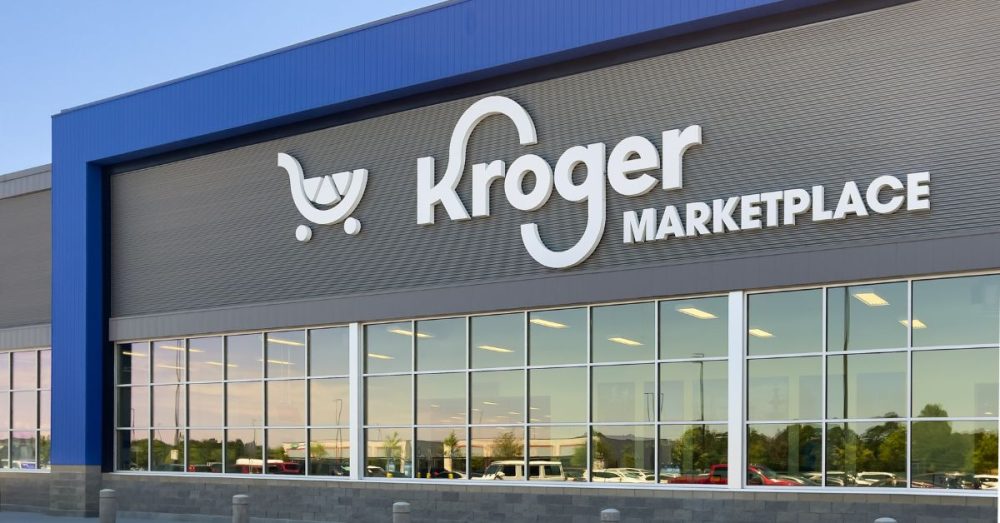The merger between Kroger and Albertson has been in the works since October 2022.
Valued at $24.6 billion, the merger has faced significant hurdles, including five separate legal challenges.
“Shoppers will have fewer choices and less competition, and, without a competitive marketplace, they will pay higher prices at the grocery store,” Washington Attorney General Bob Ferguson argues. Those opposing the merger also argue that it would result in less bargaining power for unionized grocery workers.
However, the supermarket chains claim that they need to complete the merger to stay competitive in an increasingly large and diverse market.
The Washington Post reports on the Federal Trade Commission’s court fight, set to begin this week, to block the merger and the effect the merger would have on consumers. Here’s the start of the story:
Kroger and Albertsons are set to face off with federal regulators this week over the fate of what would be the biggest supermarket merger in U.S. history.
The two companies say the $24.6 billion deal would let them better compete with supercenters, dollar stores and club, discount and online rivals. But the Federal Trade Commission sued to block the deal in February, warning the combination would reduce competition, raise grocery prices for millions of Americans and diminish working conditions for employees.
The FTC was joined by eight states and the District of Columbia in the lawsuit. The proceedings, which begin Monday in U.S. District Court in Portland, Ore., are projected to run about two weeks. The FTC is asking the judge to temporarily block the merger while an in-house judge reviews the case in administrative court. (Separate lawsuits initiated by Colorado and Washington to block the merger are set to begin next month.)
Here’s how the merger could affect you, your local store and, ultimately, your grocery bill — and why so many government officials want to stop it.


